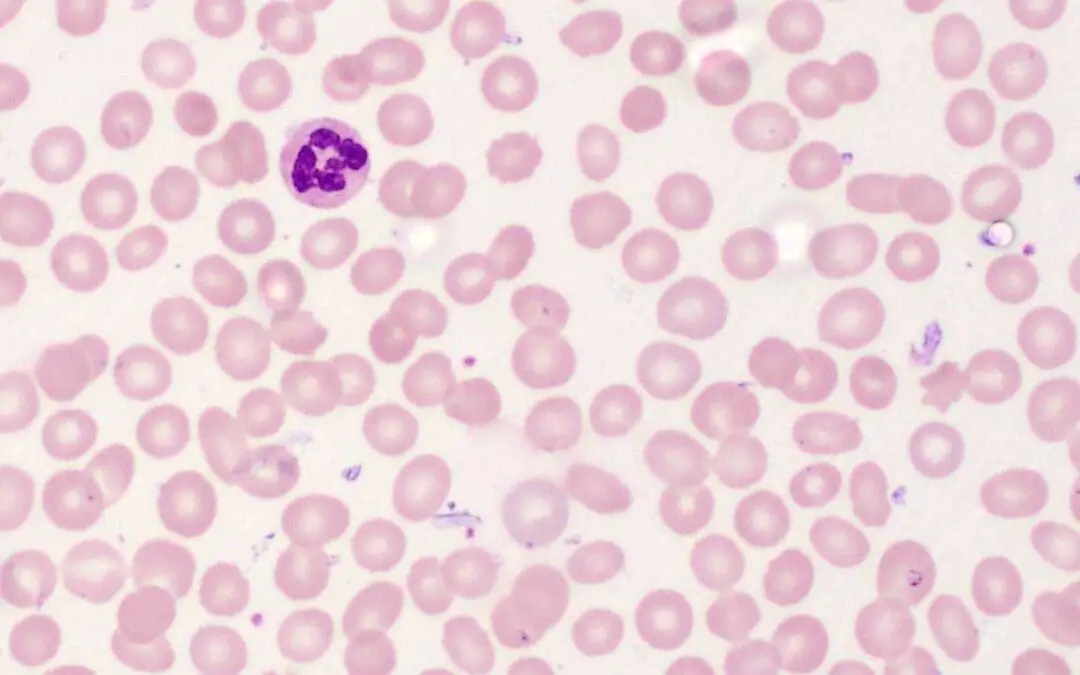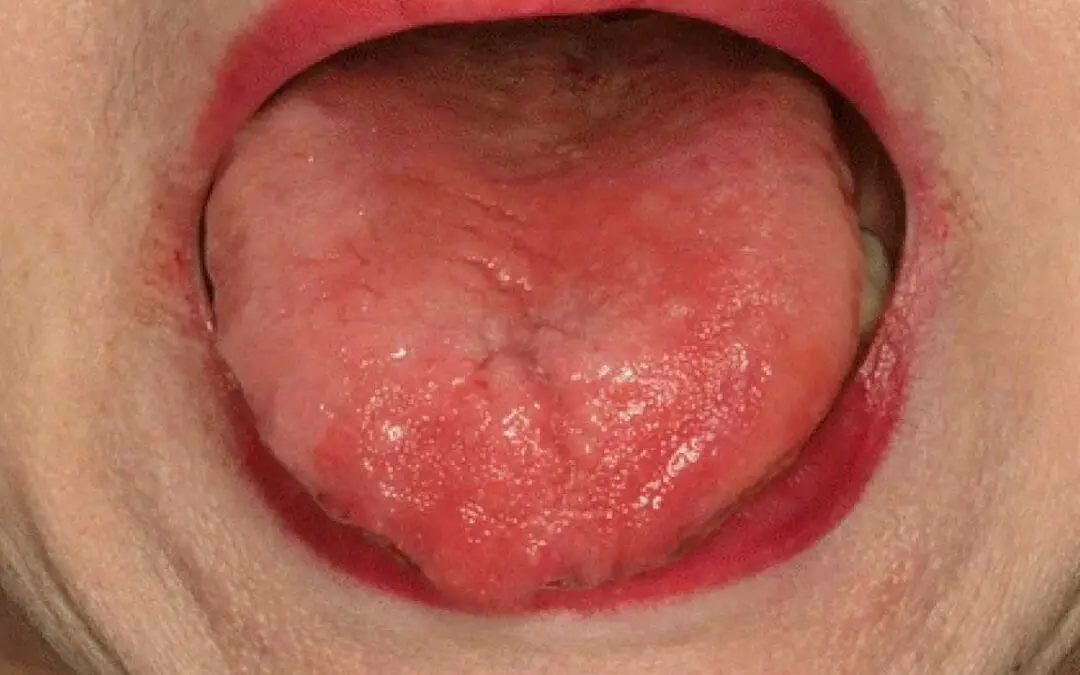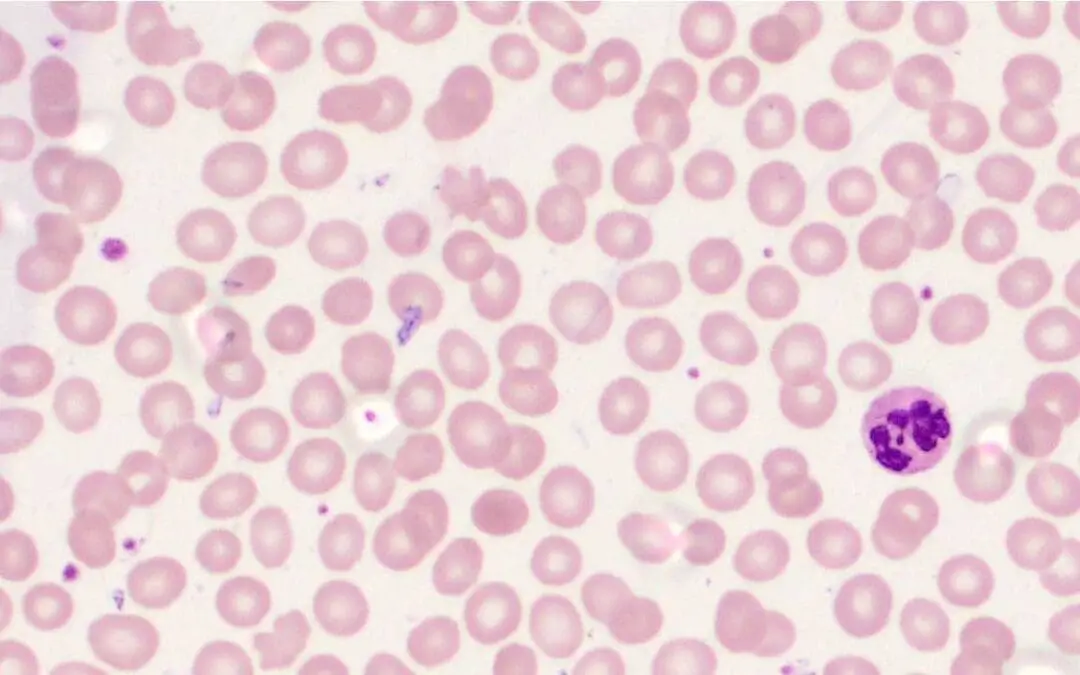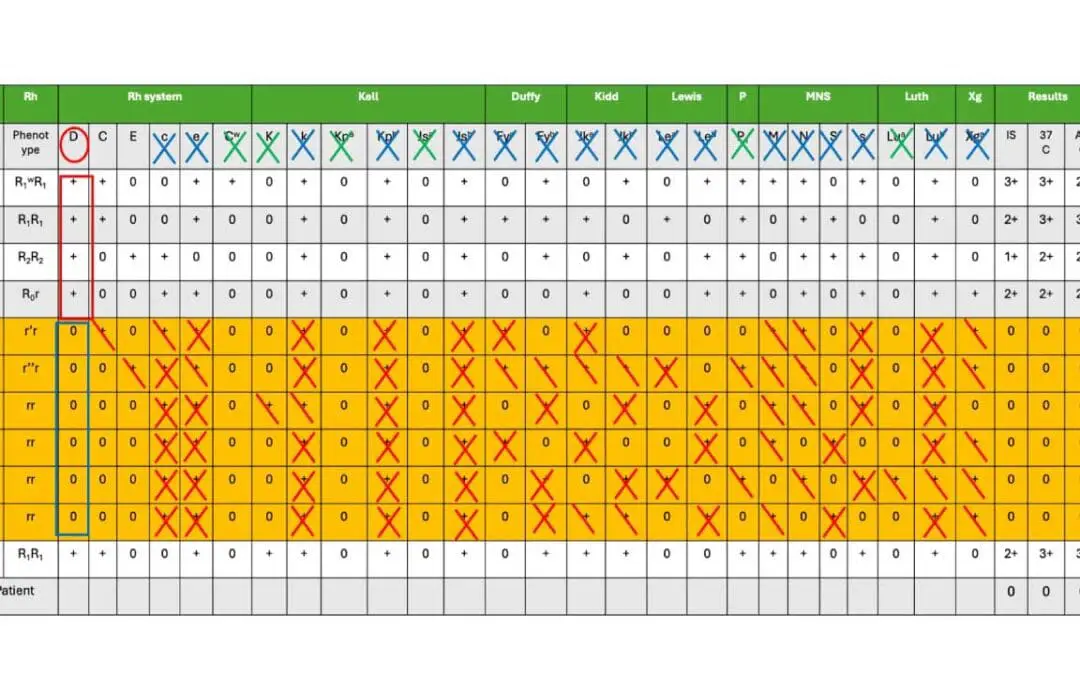
by MH Team | Jun 27, 2024 | Red Blood Cells
TL;DR Folate deficiency occurs when your body doesn’t have enough folate, a B vitamin essential for DNA synthesis, red blood cell production, and healthy cell division. Folate Deficiency Symptoms ▾ Early signs can be subtle, but may include: Fatigue and...

by MH Team | Jun 24, 2024 | Red Blood Cells
TL;DR Pernicious anemia is an autoimmune disease where the body attacks healthy stomach cells called parietal cells. This attack disrupts the production of intrinsic factor, a protein essential for vitamin B12 absorption. Symptoms ▾: Fatigue, weakness,...

by MH Team | Jun 22, 2024 | Red Blood Cells
TL;DR Vitamin B12 deficiency anemia is a condition caused by a lack of vitamin B12 in the body. Vitamin B12 is essential for various bodily functions, including DNA synthesis, red blood cell production, and nervous system health. Causes ▾: Insufficient intake...

by MH Team | Jun 19, 2024 | Lab Protocols
TL;DR Blood Tube Top ColorAdditiveMode of ActionCommonly Associated TestsRed (Plain)NoneN/A (allows natural clotting)Chemistry panels (after serum separation)Red (Speckled)Clot activator (silica particles)Promotes clottingChemistry panels (after serum...

by MH Team | Jun 12, 2024 | Lab Protocols, Transfusion Medicine
Introduction Blood transfusions are life-saving medical procedures, but incompatible blood types can lead to severe and potentially fatal reactions. To ensure safety, we rely on a meticulous process of antibody identification, and a key tool in this process is the...







Recent Comments